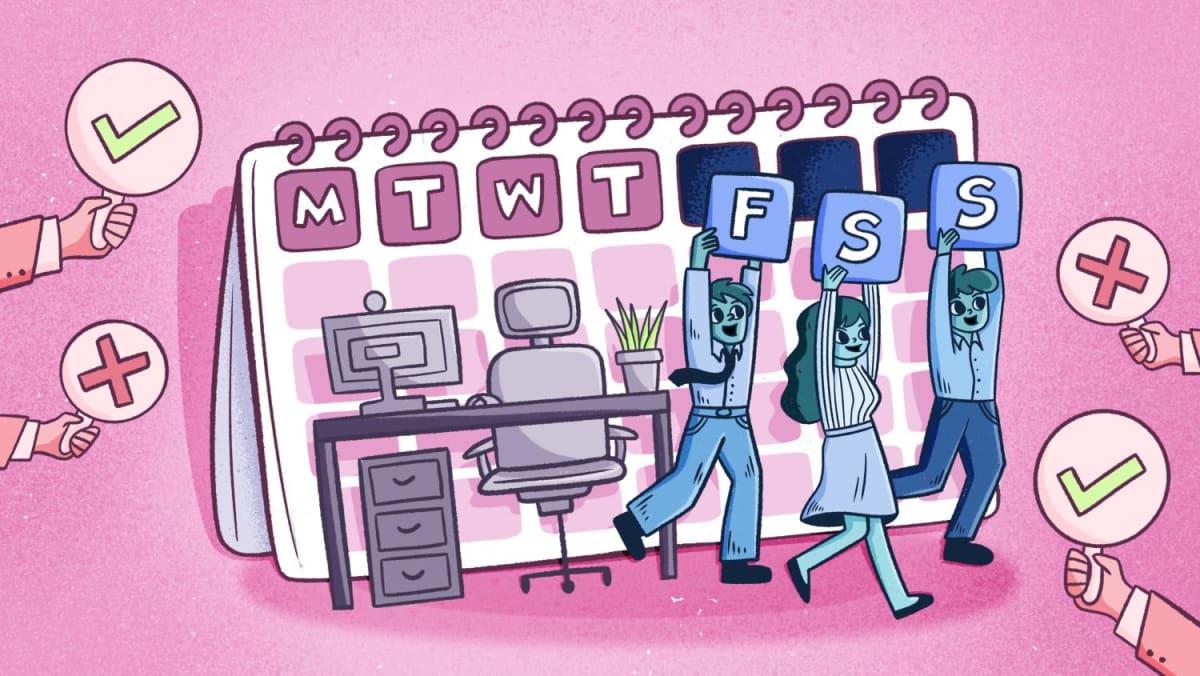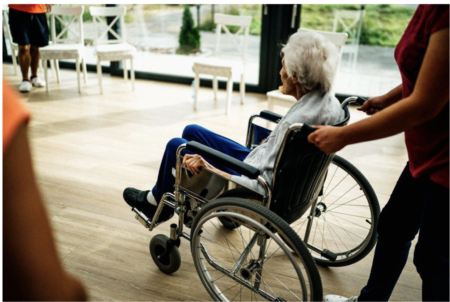HOW BILINGUALISM BENEFITS THE AGEING BRAIN
Lots of activities are linked to better brain health in old age, like getting more education when you’re younger, physical activity and cognitively stimulating hobbies. Experts say regularly speaking multiple languages may be especially beneficial, though. But if you have problems with caring for your loved ones with dementia, you can opt for a dementia care in Singapore facility near you.
“We use language in all aspects of daily life, so a bilingual brain is constantly working,” said Mark Antoniou, an associate professor at Western Sydney University in Australia, who specialises in bilingualism. “You don’t really get that from other enriching experiences, like playing a musical instrument.”
The age at which you learn another language appears to be less important than how often you speak it, said Caitlin Ware, a research engineer at Broca Hospital in Paris, who studies bilingualism and brain health.
“The cognitive benefit is from having to inhibit your mother tongue,” she said, which your brain is forced to do if you’re trying to recall the right words in another language. “So if the second language is used a lot, you’re getting that cognitive training.”














